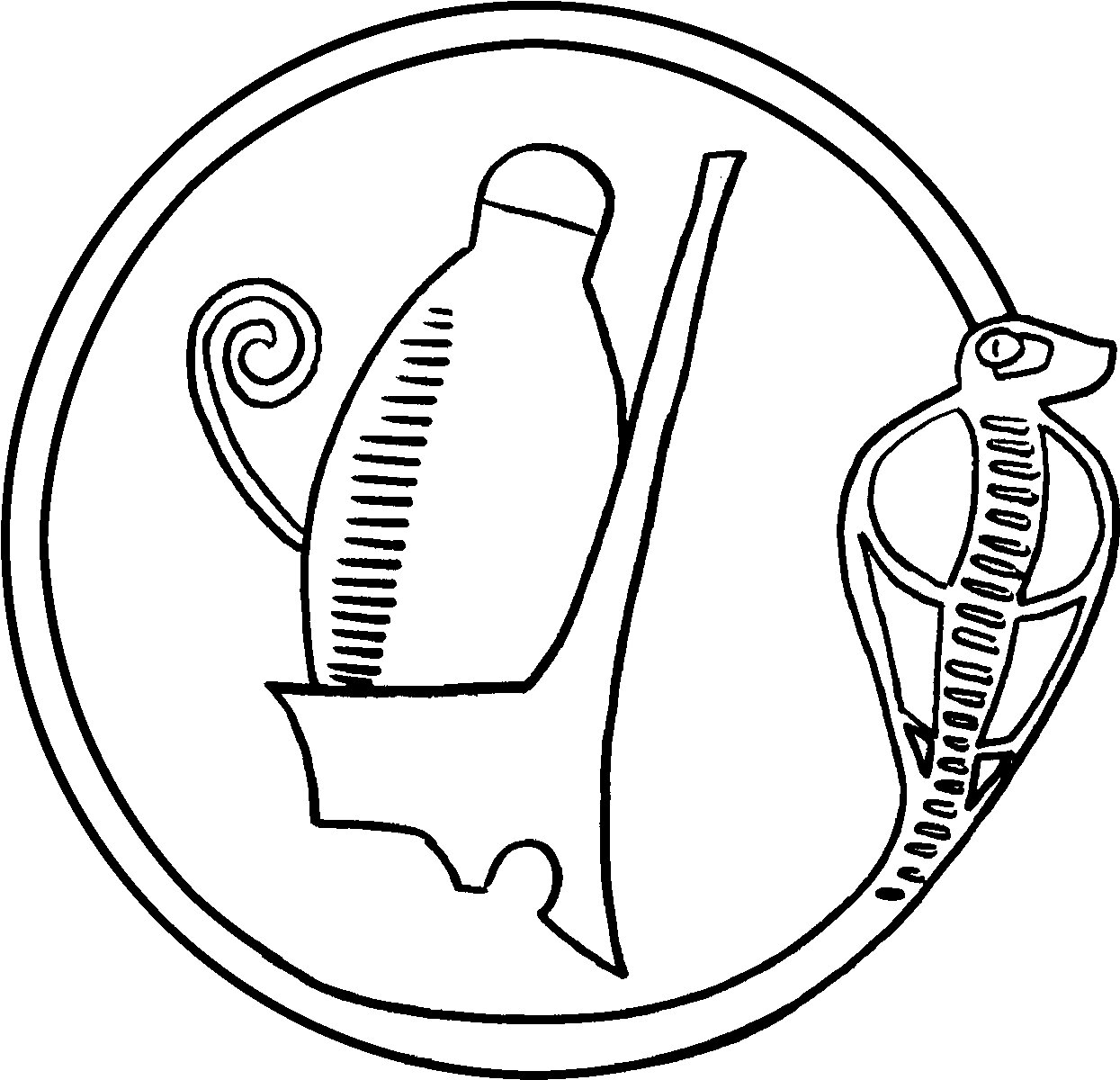Aígyptos (Swords of Kos Fantasy Campaign Setting)

Following is the description for the nation-state of Aígyptos from Skirmisher Publishing LLC's Lands Beyond Kos, one of the volumes comprising its Swords of Kos Fantasy Campaign Setting. This country is a fantasy adaptation of historical Egypt that is heavily influenced by swords-and-sorcery authors like Robert E. Howard.
Aígyptos
This hierarchical religious state is ruled by priests, and many believe that they commune directly with deities who reside within the great temple palaces located throughout the country and around which its communities are built. Its prevailing alignment, ethos, and national attitude at any given time depends on which of its affiliated deities is ascendant; at the moment this is the snake god Set, which has imposed an ominous sense of oppression upon the country for some years. Aígyptos is, in any event, a perpetually ordered society where, year-to-year, the lives and routines of most people vary little or not at all and are largely untouched by the outside world.
Other Names: Kemet, Stygia. Kemet is the name by which the native people of the country call it. Stygia is a name applied to it by some foreigners, based on the erroneous belief that the Nile is in reality the River Styx and has its origins in the underworld.
Symbol: A crown surmounted by a cobra for the nation as a whole, but its various semi-autonomous temple-states have symbols of their own.
Government: Theocracy. Military organization is based on conscription but includes many individual temple forces of varying strength and composition, to include religious fanatics, holy warriors, fighting priests, and supernatural creatures of various sorts.
Religion: The people of Aígyptos worship a broad pantheon of cosmological and underworld deities, which rise and decline in influence based on decades-long astrological cycles. Major deities include Amun, god of creation; Ra, god of the sun; Bast, goddess of cats and their ilk; Set, snake god of chaos; Horus, god of the sky; and Bes, god of war and Dwarves.
Geography: Aígyptos’ primary geographical feature is the Nile, the largest river in the known world. Its boundaries are the sea to the north and the great cataracts to the south, and are lost in the scorching deserts that girdle it east and west. Outside of settled agricultural areas, deserts are the predominant terrain type, many of them marked by great dunes, but there are also marshlands in the coastal delta, mountains along the western border with the Red Sea, and small ranges of hills throughout the country. Climate ranges from subtropical in the north to tropical in the south.
Major Communities: Alexandria. This great city, located along the northern coast of the country, was founded by Alexander the Great when he conquered Aígyptos 807 years before the great Cataclysm, and is ruled by a municipal council. All other major communities throughout the nation are centered on semiautonomous and fortified temple-palace complexes and surrounded by their affiliated workshops, storehouses, fields, and agricultural villages. Many people believe that a number of these communities are actually the earthly residences of various gods or their avatars, and they are, in any event, ruled by high priests or members of the hereditary aristocracy. There are also numerous necropolises throughout the country, located primarily along the western banks of the Nile.
Economy: Aígyptos has an economy based largely on the intensive agriculture practiced along the banks of the Nile and throughout its delta, and its primary crops include wheat and other grains, flax, dates, and many sorts of vegetables. It is also noted as a major manufacturer and exporter of beer and cloth; sells and exports religious paraphernalia like statuettes, potions, scrolls, and incenses; and engages in significant fishing along the river and coasts. Because of its many temples, it is also a pilgrimage destination for those seeking religious goods, services, and knowledge.
Alexandria is the major trading center for the nation, home to many Greeks and other foreigners, and the only true city in Aígyptos. It is also the only place in the country where coinage is accepted as legal tender and everywhere else barter is the norm, for minor and major transactions alike, and precious metals are accepted only by weight, typically as pure ingots.





